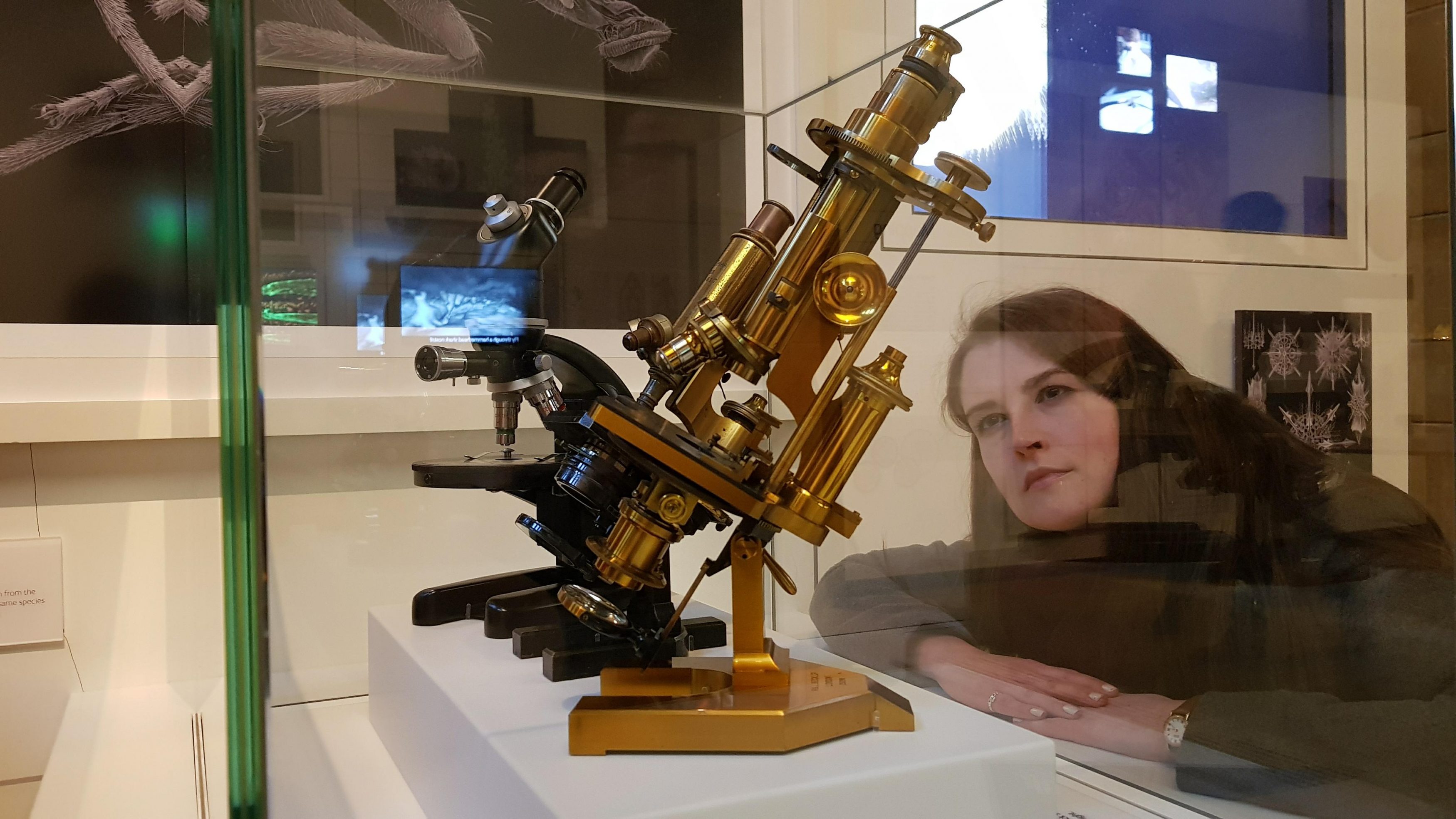Writing is one of those weird areas where you don’t need any formal training or certification to do it, you can just wake up and declare yourself a writer. It’s great! To me, however, I didn’t feel I could call myself a writer until I was actually getting paid for it.
Science writing has become an increasingly popular avenue to go down over the last decade or so, because more and more, science is trying to be accessible. That accessibility is being achieved through presenting science in normal, easy to read English, as opposed to academic style writing. These days, you can’t throw a rock without hitting a website or magazine that is aimed at accessible science. And it’s amazing! I want everyone to come into our world. However, it means that there are floods of people who want to be science writers. So how do you fight your way to the front?
Go looking for it
If you want to start science writing, then you need to start trawling. When I was a teenager I volunteered with a number of science education groups – mostly environmental education. Of course, volunteering means giving away your time and efforts for free, but this is where you start to build your experience and portfolio. I started my writing work in proof-reading education packs that were going to be sent out to schools. From there I started to do some educational writing myself.
Whatever level you are at, start writing for the level below you. First, I was a David Attenborough obsessed teenager, writing for the primary school level. Then I was a self-obsessed university student (let’s face it, we all thought we were the business when we were doing our degrees), writing for secondary school level. Now I have a MSc and several years work experience, so I write for people who are degree level and hobbyists.
Find your niche
I set myself up as a full-time writer in October and by December I had signed my first book deal. How? I have a niche. There are thousands of science writers out there, so you have to find what separates you from the crowd. Go onto any science website and you will find endless articles about how to run a successful PCR – an important, but very well documented, topic. Take some time to figure out what your niche is. Are you the best damn fruit fly breeder in the lab? That’s your niche. Your niche doesn’t have to be huge, it just has to be something a bit different or unique.
Find your style
Another way to stand out from the crowd is to find your signature style. My English teacher in secondary school loved me because I had good vocabulary (go team ‘Irish Times crossword’!) and a dry sense of humour. When I was doing my Leaving Cert (the final exam you do in Ireland to get you into uni) my strength was the creative writing question. You were given a number of images and had to write your essay inspired by one of them. I chose a picture of some protestors chained to a tree. I wrote my essay from the perspective of the tree, lamenting my long and peaceful life which was now being tormented by these protester fools!
I tend to write the way that I talk, which for blogging and casual style articles, works well. If you have served your time in academia you will know how to write in the academic style. Technical manuals are easy because they have a very straight-forward format. Knowing the different styles will be a great help if you want to start ghost-writing. I’ve done ghost-writing for several different companies and replicating their style of writing is a strict requirement for the work.
Network
Science writing isn’t science, it’s media. Connect with writing groups, associations, and other working writers. LinkedIn and Twitter are the places to be. I’ve only recently joined Twitter because I thought LinkedIn and Facebook would be enough – they’re not. Don’t be afraid to contact people and say hello, ask a couple of questions, and ask for some advice. If you are polite and respectful of people’s time, they are usually quite happy to help you. Start to connect with people who can help move your work forward. I contacted my local museum because they were doing a series of lunchtime talks, and now I’m scheduled to give a talk in their next season. They’ve also asked me if I can think of some workshop ideas for kids.
You have to be a little bit brave with this one. I’ve had a few people contact me about work through LinkedIn, but not at any level that would sustain a career. Get out there, find some interesting and relevant people, and find out how you can be of some help to them.
Share and share alike
There is a certain anxiety with sharing ideas with people. Will they steal it? And even worse, will they do a better job at it then you would have? In science, we are very clannish. I have seen labs where one side of the hallway doesn’t speak to the other side of the hallway. This, of course, is because competition for funding can be fierce. It’s understandable that, if you come from a science background, you are going to be protective of your ideas and your work. And you should be! But that doesn’t mean you should turn into the Gollum of ideas either. Be willing to bring other people in on larger projects. Share your knowledge and experience with other people, and it will enhance your skills, get you a good reputation, and grow your network for future work.
I’ve passed jobs on to other science writers because I knew they would do a better job than me. I’ve also recommended people to potential clients because, again, what the client wanted was more their niche. Likewise, I’ve had people pass work on to me because they knew it was my area. Don’t shoot yourself in the foot by giving all your work away but build a reputation of being fair and honest to work with. This extends into the dreaded realm of feedback. It’s one thing to get an article edited, asking for feedback is what you need. Nobody wants to be told what they’re bad at, but it’s the only way you’re going to get better. Don’t argue or try to explain either, listen to what the person says and go and think about it for a while. You’ll be a better writer for it.
I’m in no way the expert on any of this yet, but I’m happy to share what I know. I’m also a relentless cheerleader if you need a writing pep talk! If you have any questions don’t be afraid to make contact.



